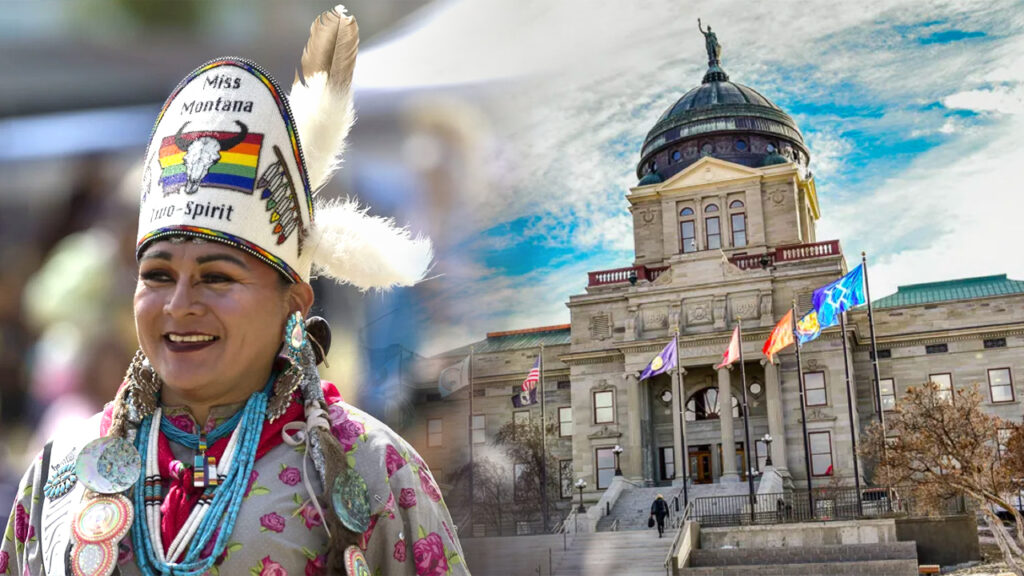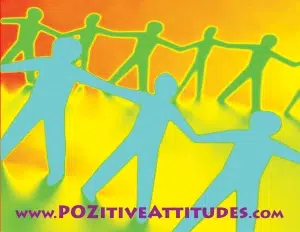In the vast landscapes of Montana, a battle is unfolding that goes beyond legal semantics; it's a fight to reclaim history, culture, and identity. At the heart of this struggle is Senate Bill 458, a law that defines sex in binary terms, a definition now being contested by Montana's Two-Spirit community.
Enacted in October, Senate Bill 458 relies on the presence of XY or XX chromosomes and reproductive systems to define "male" and "female." While seemingly straightforward, the implications of this legislation ripple through various aspects of Montanans' lives, affecting driver's licenses, demographic records, and the state's anti-discrimination law.
For the Two-Spirit community, this law is more than a legal classification; it's an infringement on their spiritual and cultural beliefs. The term "Two-Spirit" serves as an umbrella, encompassing individuals in Indigenous and Native American communities who historically embodied both masculine and feminine spirits, holding specialized social and spiritual roles. However, it's not just a historical concept; many LGBTQ+ Native Americans embrace the term to self-identify in contemporary society.
In response to this legislation, attorneys representing the Montana Two Spirit Society, alongside transgender, intersex, and nonbinary Montana residents, have filed a lawsuit challenging the law's constitutionality. Their argument extends beyond semantics, contending that the state's definitions of sex inaccurately categorize many Montanans, exclude some from legal recognition entirely, and strip them of the benefits and protections offered by numerous state laws.
The legal challenge asserts that Senate Bill 458 infringes on Montana's dignity, equal protection, privacy, and freedom of speech laws. It brings to light a complex interplay between tradition, spirituality, and the evolving understanding of gender identity in a diverse and dynamic society.
As the lawsuit unfolds, it becomes a microcosm of a broader conversation taking place across the nation about the rights and recognition of gender identities beyond the binary. Montana's Two-Spirit community stands at the forefront, challenging not just a law, but the very narratives that shape their existence in the intersection of tradition and contemporary understanding.
This legal battle serves as a poignant reminder that the pursuit of justice often extends beyond courtrooms, touching the very essence of identity, spirituality, and the rich tapestry of Montana's cultural heritage.



















